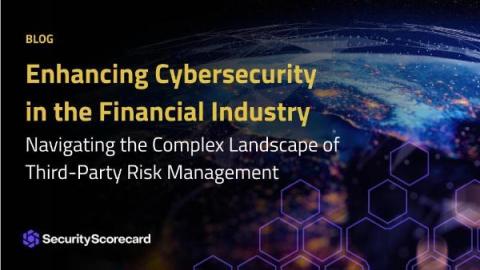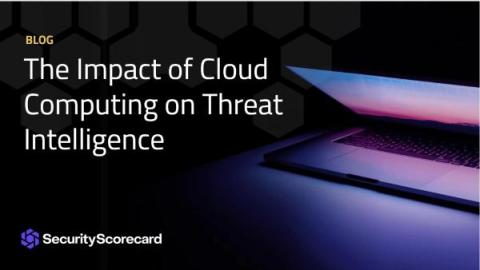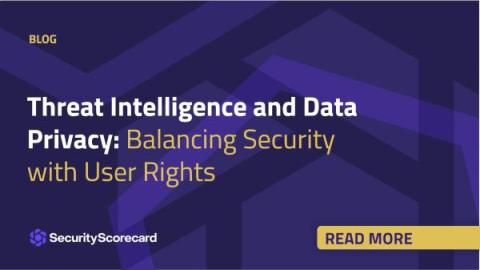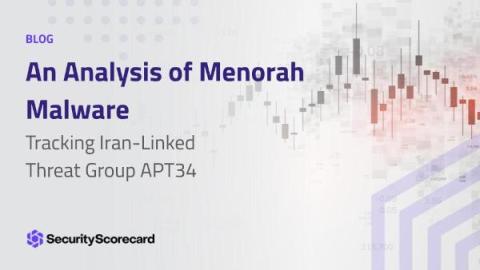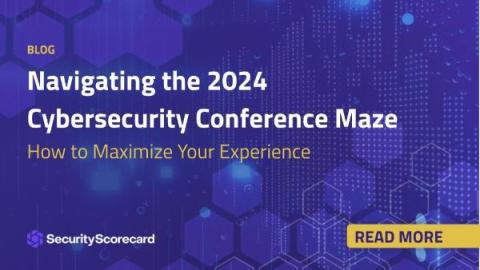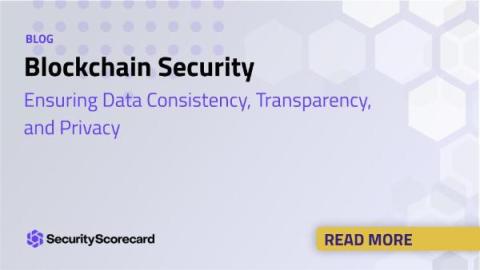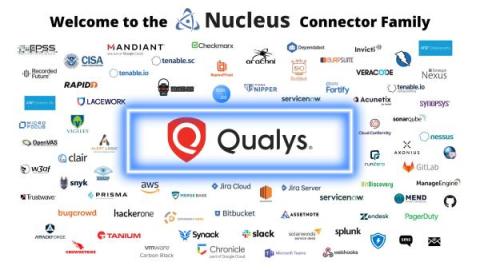Enhancing Cybersecurity in the Financial Industry
The importance of robust cybersecurity practices cannot be overstated, especially when it comes to critical infrastructure, such as the financial industry. Financial institutions, in particular, are entrusted with sensitive data and financial assets, making them prime targets for cyber threats. One crucial aspect of cybersecurity that often goes under the radar is third-party risk management (TPRM).


